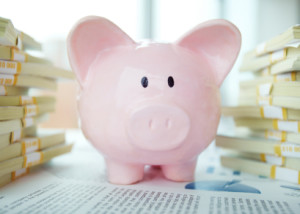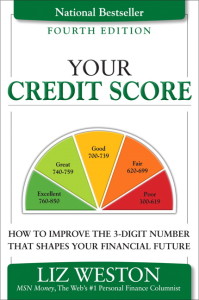 Father knows best, careers that simply aren’t worth the money and the double-edged sword of frugality.
Father knows best, careers that simply aren’t worth the money and the double-edged sword of frugality.
Listen to Your Father! Old-School Money Tips for Today
Financial advice that stands the test of time.
The Best and Worst Careers to Go Into Debt For
If you want to see your work in print, become an advertiser, not a reporter.
Credit Expert Answers 7 Burning Personal Finance Questions
Including tips on how to improve your credit score.
Growing your own vegetables is a great idea. Spending $3500 on a vegetable garden is not.
Overdraft Fees Cost Bank Customers Hundreds of Dollars a Year
The Consumer Financial Protection Bureau found overdrawing their accounts cost customers an average of $225 per year.


